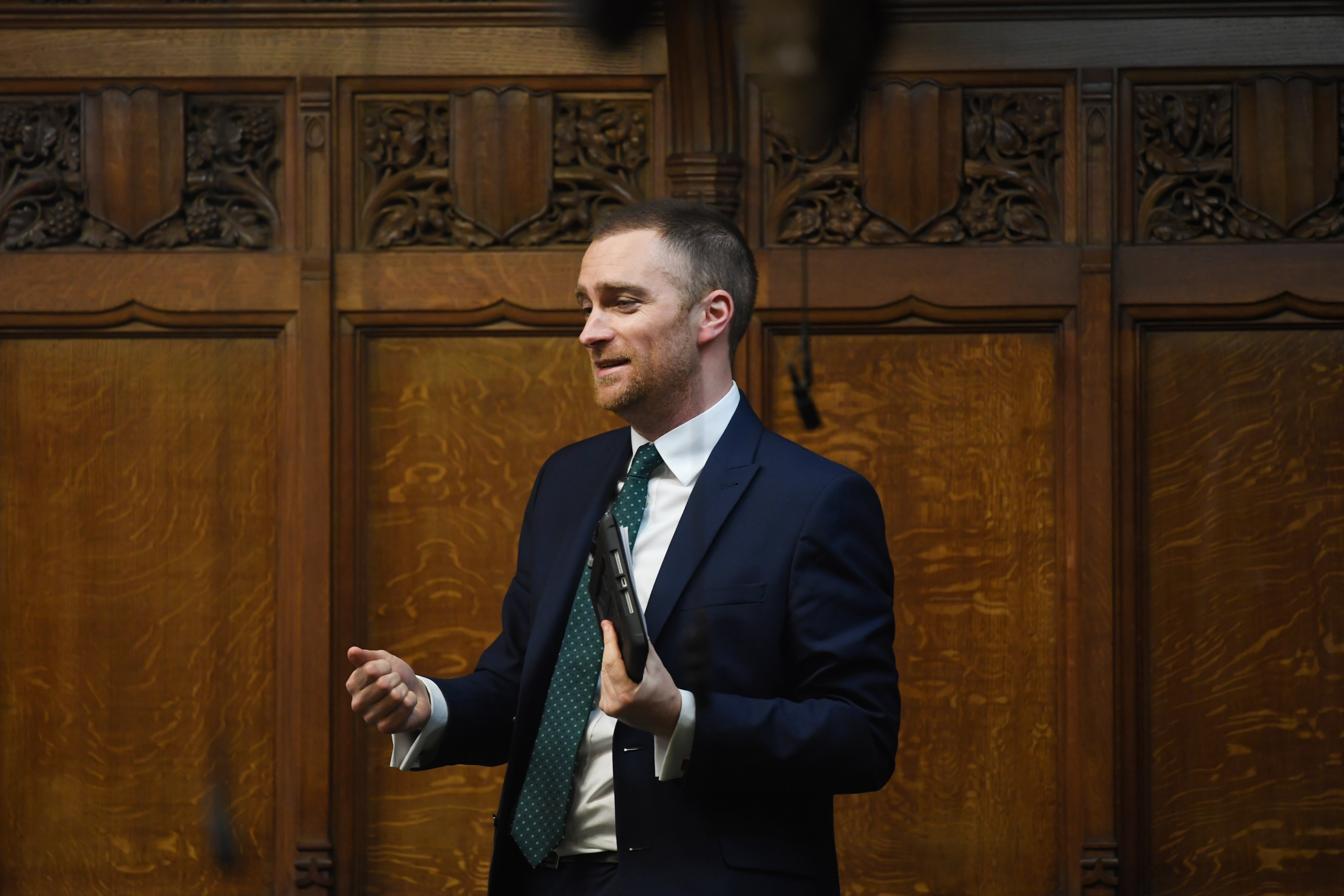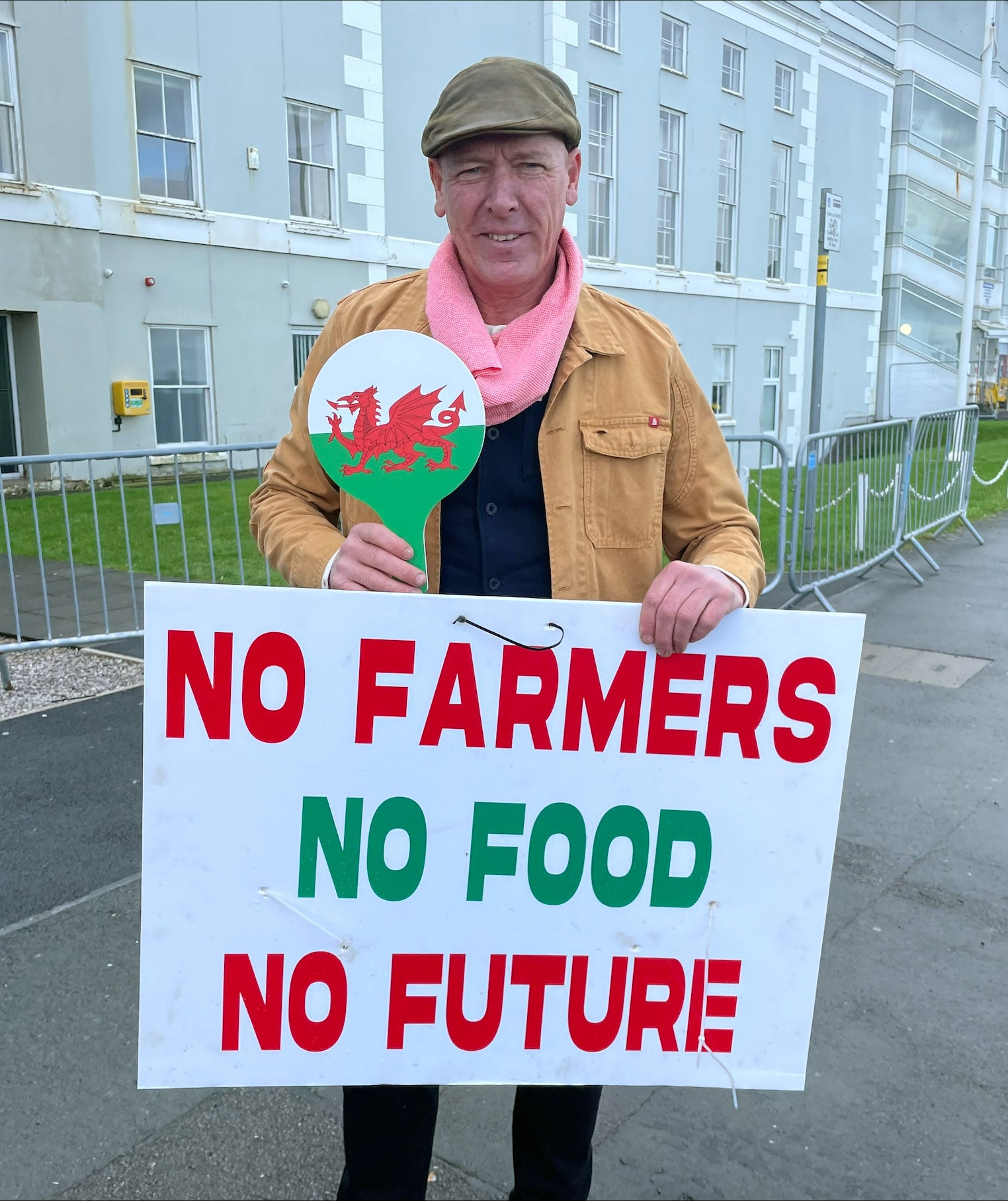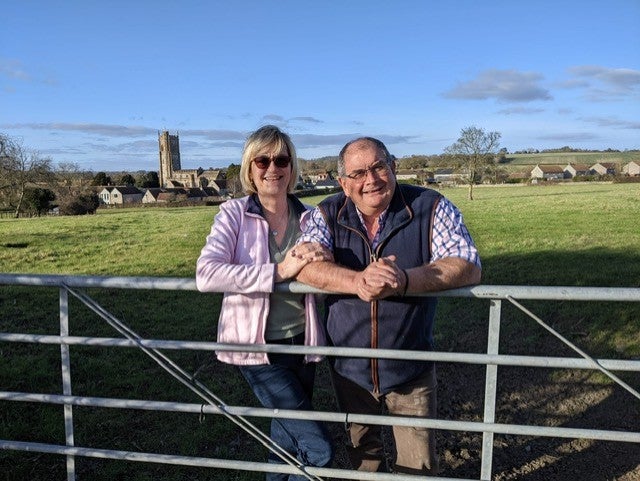Rachel Reeves has been accused of “traumatising” farmers with her new inheritance tax raid on a sector already grappling with a mental health crisis.
Farmers will have to pay 20 per cent of tax on inherited agricultural assets worth more than £1m from April 2026 under changes announced in the Budget last Wednesday.
Coupled with increases in workers’ minimum wage and national insurance for employers, farmers say the “tractor tax” will kill off generations-old family farms across the country.
But there are also fears that the controversial move could exacerbate a mental health crisis in the industry, which secretary of state for rural affairs, Steve Reed, said had the highest suicide rate of any sector in the UK in May.

Stockton West MP Matt Vickers told The Independent that farmers’ lives were being overturned by the measures in the Budget.
He said: “We know that farmers are disproportionately placed to have issues with mental health, we see higher suicide rates because they are out there alone in the elements and all the challenges that come with that.
“When you speak to the people I have spoken to since last Wednesday, and you hear the trauma. Literally their lives are being overturned.
“That place where they grew up, that place where they farmed all their lives. This has the potential to wipe them out. Pulling the rug like that from people is horrendous.”

He added: “The government just don’t appear to understand what is to be a farmer, they don’t understand that these people often work for very little in return and because they have some large assets, they are wealthy people.
“These people often have cash flow problems, they work all day and night for a very low return.”
North Cotswold MP Sir Geoffrey Clifton-Brown spoke in parliament on Monday to raise the issue of a 75-year-old farmer living in his constituency who said the inheritance tax measure would “destroy everything I have ever worked for”.
Speaking to The Independent, Sir Geoffrey, who is also a farmer, said the tax could impact more than 70,000 family farms. The Treasury says most estates will not be impacted, with 500 farms every year paying the tax.
Farmers don’t tend to leave the farm, often only see their partner apart from skittles once a week at the pub. They get low and depressed, and then go quiet. It’s when they go quiet that they are most at risk of taking their lives
He said: “If I were there thinking about the inheritance tax, why would I invest in that farm – we need people to invest in farms and modernise to boost productivity, it really is not only bad on a personal basis, as people worry and get mental health problems, it’s also on the business side as well. It impacts the farmers and the farms themselves.”
Former NFU president Minette Batters told The Independent that the Budget announcement, along with the changes in farming support policies and extreme weather conditions, had produced the “perfect storm” for farmers’ poor mental health.
Farmers were facing difficulties over the phasing out of payments under the common agricultural policy for new environment-led subsidies, while poor weather meant some were unable to plant crops last year, she said.

Gareth Wyn Jones, a farmer in north Wales, said under changes in the Budget he will be the last generation of his family in farming after 375 years on the land.
He said: “Levels of mental health in farming have never been lower – this [the Budget] is another dark cloud to come above the agricultural sector – people don’t know if they will be able to afford the inheritance tax on a bereavement, they think they will have to sell up.
“No doubt there will be collateral damage from this, people in farming communities are suffering right now.”
Farmer Rupert Cox is co-ordinator of a mental health project called Farmeradoes based in Somerset which holds pop-up farmhouse kitchens for farmers to share their problems.

The 63-year-old took over his father’s arable farm of 200 acres near Langport in January this year. He said: “It’s a very challenging time. Most farmers are not gobby, they are people who don’t tend to leave the farm, often only see their partner apart from skittles once a week at the pub.
“They get low and depressed, and then go quiet. It’s when they go quiet that they are most at risk of taking their lives.”
With daily challenges, rural isolation and long working hours, more than a third of farmers are likely possibly or probably depressed, according to a survey by the Royal Agricultural Benevolent Institution in 2021.
In the same year, Office of National Statistics figures showed there were 36 suicides recorded among those working in the farming and agricultural industry in England and Wales.
Mr Reed, speaking on BBC’s Farming Today on Tuesday, said: “I understand the anxiety that people in the farming community, that farmers, feel about any changes being proposed.
“Changes after several decades of a system operating one way are always going to be unnerving.”
A government spokesperson said: “Ministers made clear that the vast majority of those claiming relief will not be affected by these changes. They will be able to pass the family farm down to their children just as previous generations have always done.
“This is a fair and balanced approach that protects the family farm while also fixing the public services that we all rely on. We remain committed to working with the NFU and listening to farmers.”
If you are experiencing feelings of distress, or are struggling to cope, you can speak to the Samaritans, in confidence, on 116 123 (UK and ROI), email jo@samaritans.org, or visit the Samaritans website to find details of your nearest branch.
This is a free, confidential crisis hotline that is available to everyone 24 hours a day, seven days a week. If you are in another country, you can go to www.befrienders.org to find a helpline near you.







